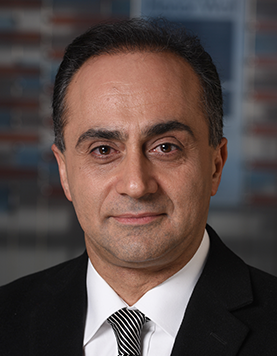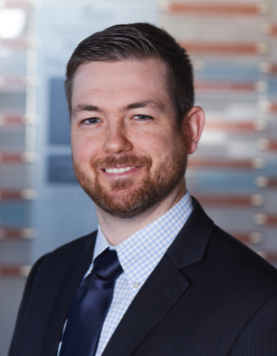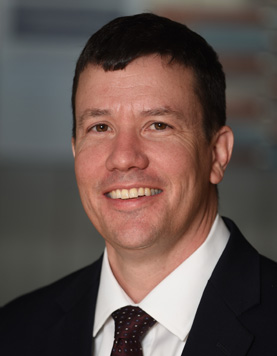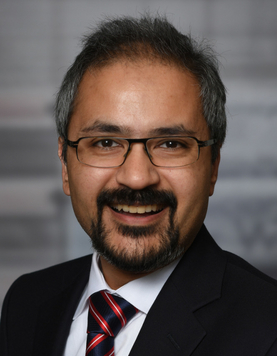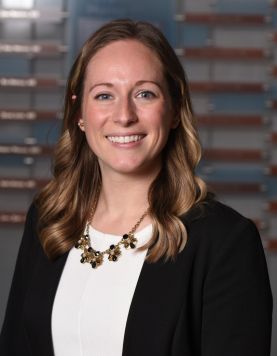expert neurosurgical care for infants, children and adolescents
The neurosurgery team at Dayton Children’s provides specialized, multidisciplinary care for children with conditions affecting the brain, spinal cord and peripheral nerves. Families who depend on our neurosurgical team know they are in good hands, and that our specialists will be able to address whatever needs arise.
Each of our neurosurgeons are fellowship trained, with extensive experience in performing complex procedures and have on average 20 years of experience. They take a conservative approach, pursuing non-surgical and minimally invasive techniques whenever possible. The neurosurgeons at Dayton Children’s also have experience performing surgeries that are only done by a few pediatric physicians nationwide and make it a goal to continue to bring the latest neurosurgical techniques and technology to Dayton Children’s as soon as they become available.
We invite you to take some time to learn more about the neurosurgery program at Dayton Children’s and how our physicians can help make a difference for your child.



